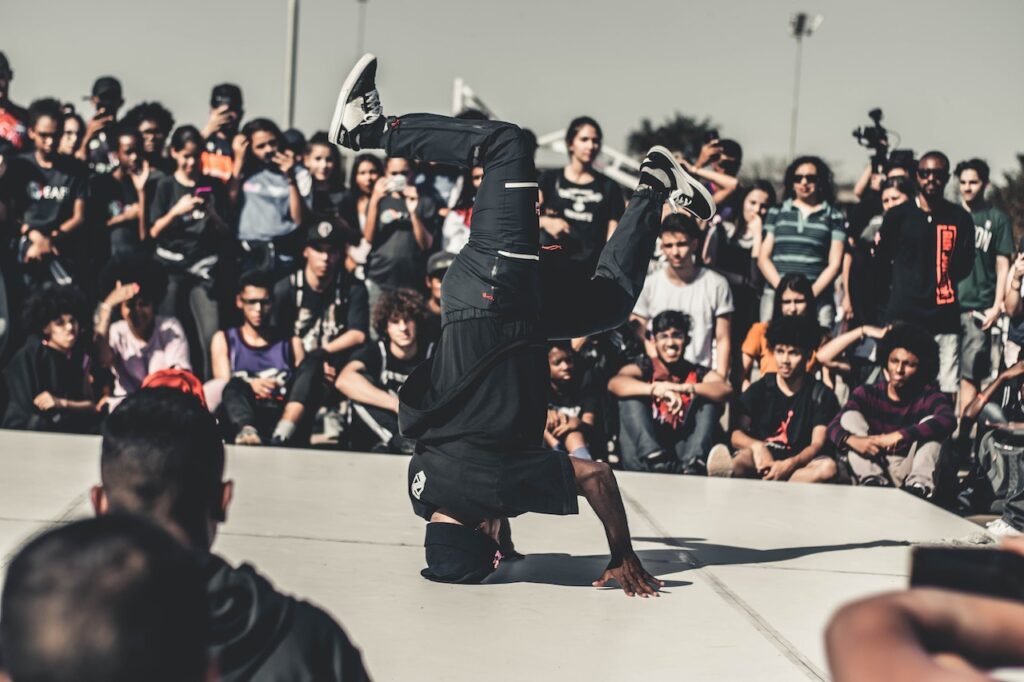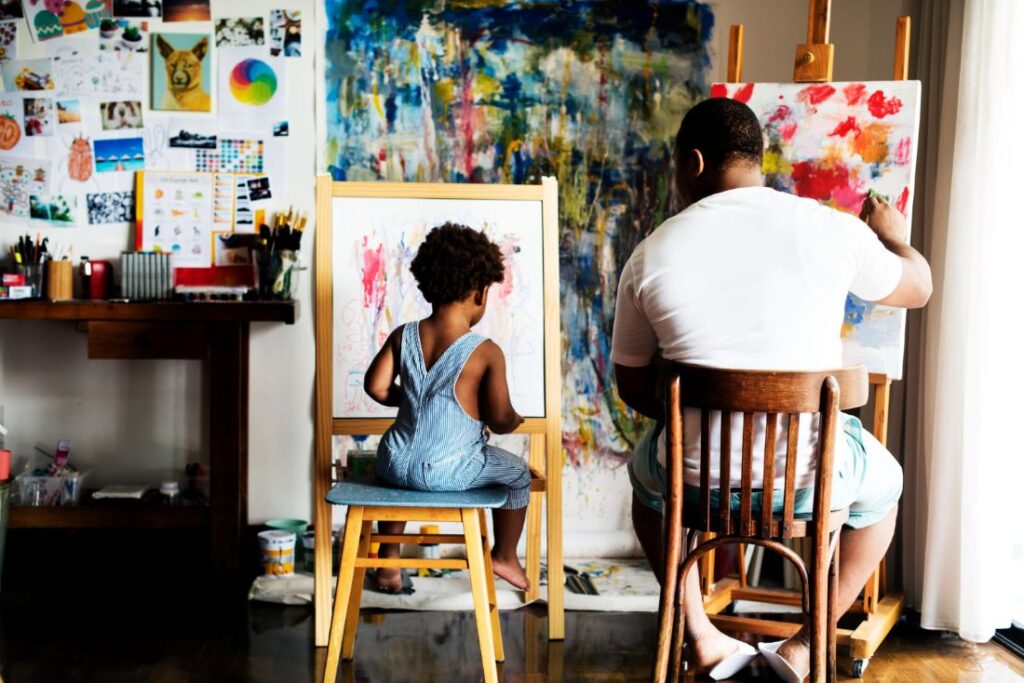Meandering through the side streets of the Bronx, you can’t miss hearing hip-hop songs blasting from portable Bluetooth speakers. After all, this is the birthplace of hip-hop and where the phenomenon started in the 70s.
Hip-hop is much more than music; it is almost a culture. It is also a form of expression for many youths, encapsulating breakdancing, graffiti, and fashion, among other symbols. Hip-hop has gained global traction spreading to Europe, Africa, and the Middle East.
That’s why the Grammy Awards last February dedicated an extended segment to commemorate the upcoming 50th anniversary of hip-hop this August. The performance celebrated the genre, which started on August 11, 1973, and turns 50 this year. Featuring a compilation of songs across decades and regions, the Grammy Awards celebration of hip-hop included time-honoured performances by Queen Latifah, Cool J, Will Smith, Flava Flav, and Missy Elliott, among others.
Where Did Hip-Hop Originate From?
At a birthday party in the Bronx, Clive Campbell was the DJ for his sister. Also known as DJ Kool Herc, he always had a knack for spinning records at parties and between sets that his father’s band played in Jamaica. When the crowds reacted to his record spins by dancing and making specialty movements, he realized that his breakbeat was trending, and was what people wanted to hear. From that summer onwards, DJ Kool Herc started a grassroots musical revolution that would last for decades.
A wider audience’s embrace of hip-hop sealed its fate in more than one way. For example, in 1981, new record labels began to replace independent black-owned labels.
What is interesting about hip-hop is the spirit it carries with it. Before becoming a politically engaged movement, hip-hop played a pivotal role in helping black teens and youths overcome violence by encouraging them to produce music, dance, or draw graffiti.
Hip-Hop Stars Past and Present
The 70s saw the rise of several hip-hop bands, among them Sugarhill Gang, comprised of three members: Mike Wright (Wonder Mike), Henry Jackson (Big Band Hank), and Guy O’ Brien (Master Gee). Their 1979 hit song Rapper’s Delight was the first single to reach the top 40 on Billboards’ Hot 100 list, and the first song to become part of a multi-platinum selling album.
Other bands like the Watts Prophets, Cold Crush Brothers, and Treacherous Three also left an indelible mark on hip-hop culture. However, these superheroes faded with time, and new ones emerged.
With hip-hop growing exponentially, new superstars of the hip-hop generation like Dr. Dre, LL Cool J, Ice T, and Snoop Dogg not only became comfortable in their careers, but settled in new roles by becoming actors. Nevertheless, this didn’t mean the hip-hop market remained stagnant; more artists emerged over time and competed for a leading share.
New multigenerational stars with staying power came into the field. Superstars like Kanye West, also known as Ye, Drake, Jay-Z and Beyonce, released albums that resonated with the hip-hop generation and beyond.
Drake’s album Scorpion saw him rapping at length about the fact that he is now a father. In his album Ye, Kanye West raps about himself and acknowledges the frailty of his mental health. Jay-Z’s album Everything Is Love, which he put together with his wife Beyonce, is an anthology of their work celebrating their success.
Female hip-hop artists like Nicki Minaj, Cardi B, Princess Nokia, and Lauryn Hill were also game changers. Lauryn Hill broke barriers with her 1998 album The Miseducation of Lauryn Hill, proving that women weren’t just objects to be rapped about, but also ones to do the rapping. Nicki Minaj was another bold artist to dominate the industry. With a fearless, distinct attitude, Minaj successfully dominated the Billboard 100 list like no other female rapper in history.
Renewed Significance
Hip-hop took on a new political and cultural role after the murder of George Floyd, and the Black Lives Matter movement—which started after Trayvon Martin’s killer was acquitted. It provided a voice to marginalized communities and populations in the United States and across the world.
Through music, marginalized groups turned their discontent and injustices into lyrics and songs to change attitudes and raise social awareness. Following the murder of George Floyd in 2020, songs like Lil Baby’s The Bigger Picture and T-Pain’s Get Up discussed oppression, police brutality, and protest.
With its powerful impact on the media, music, and pop culture, hip-hop became a voice of an entire generation. It continues to play an important role in addressing social issues by promoting solidarity among marginalized communities.
Ever thriving, hip-hop moves quickly and nonlinearly; in our digital age, where music can easily be produced and disseminated, the genre will even last longer. Forty years from now, hip-hop will be bigger and more popular than any music box anthology can ever hold!
David Messiha | Staff Writer










